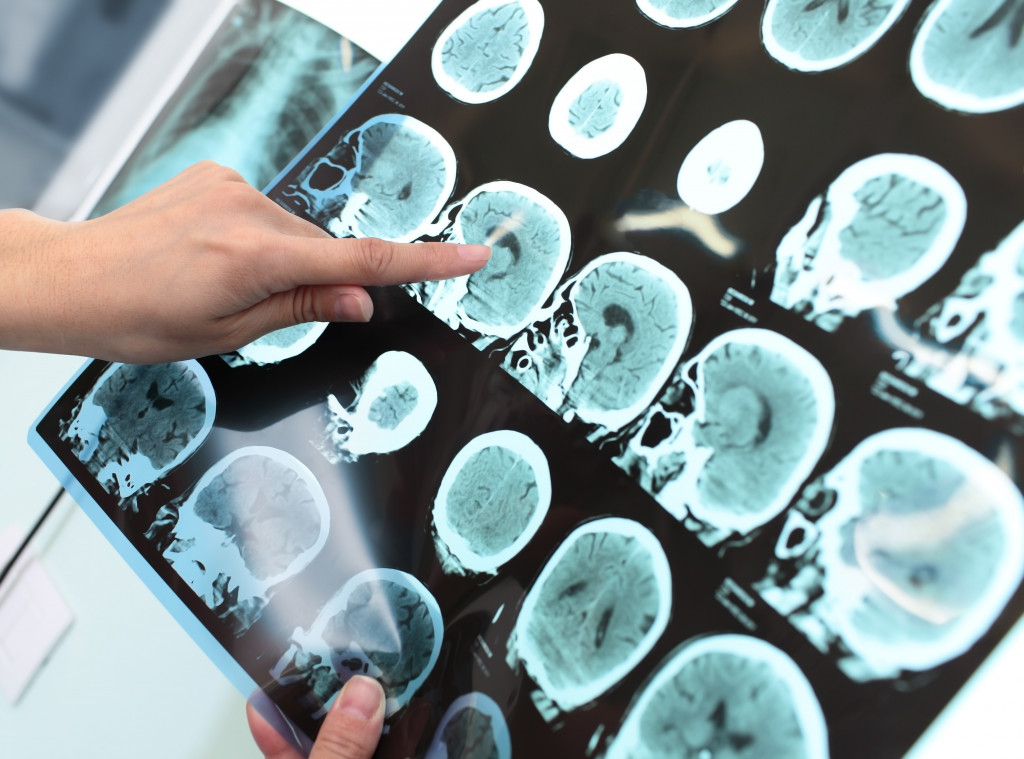- Deciding which type of diagnostic scan to get is essential, as different types will provide different levels of accuracy.
- Potential side effects and risks associated with diagnostic scans should be considered when considering this procedure.
- Please speak with a knowledgeable healthcare provider about the risks associated with any diagnostic scan before undergoing it.
- The cost depends on the type of scan you will need. Just ensure that it is covered by your insurance.
Diagnostic scans are an essential tool used by healthcare professionals to diagnose and treat various medical conditions. However, there are several things that patients should consider before getting any diagnostic scan. By understanding these factors, individuals can ensure they receive the best possible care when considering any diagnostic scan.
The Type of Scan Needed

Deciding which type of diagnostic scan to get is essential to obtaining the best possible outcome in your medical diagnosis. It is vital to consider not only the type of scan you may require but also the qualifications and experience of the technician carrying out the procedure.
A scan done with outdated equipment or by a novice can significantly impact the accuracy of your results. That’s why choosing a reputable clinic, like Vista Health, for your scans is essential. This is to ensure that the scan is done with the latest technology and by professionals who specialize in this field.
Side Effects and Risks
Possible Side Effects
When getting diagnostic scans, it is vital to consider the potential side effects. Unfortunately, there are risks and consequences associated with any medical procedure. For this reason, you need to understand the risks of procedures such as MRIs and CT scans.
The radiation from these scans can increase cancer risk or cause other bodily harm. Before having a scan, you should speak with your doctor about the potential risks and whether they likely outweigh the benefits of obtaining the medical information. You also want to know if other options eliminate or reduce these risks.
Risks Associated With Diagnostic Scans
When considering diagnostic scans, it is crucial to be aware of their potential risks. While diagnostic scans can provide invaluable information and help individuals receive medical care that addresses their specific health needs, you must consider certain risks.
These risks may vary depending on the specific type of scan and its components. Still, they may include exposure to radiation, allergic reactions from contrast material used in some scans, or general discomfort from the procedure. Additionally, false positives or negatives can occur when results are misinterpreted. It is essential to consult with a knowledgeable healthcare provider about all possible risks before undergoing a diagnostic scan.
Preparation Requirements
Make Sure to Follow All Instructions Carefully
It is essential to follow all instructions when getting diagnostic scans. This can help ensure accurate and effective results for any medical test or scan. In some cases, patients may need to avoid eating foods, stop taking certain medications, or refrain from consuming caffeine before the diagnostic scan, which can impair results.
Additionally, failure to adhere to specific instructions may result in additional testing or further exams to ensure the accuracy of results. To ensure that your diagnostic tests provide the most reliable answers, take time to review any safety precautions or further instructions provided by your doctor before heading into the clinic. Not only do these measures help clarify and improve results, but they also help you stay safe during the scan.
Ask Questions If Anything Is Unclear
Getting diagnostic scans can be stressful if you’re diagnosed with an illness. Fortunately, it doesn’t have to be that way! Asking questions if anything is unclear during a scan is an essential step in ensuring that you know exactly what’s going on and the results. Doing so allows for greater accuracy and can even help doctors to make more precise diagnoses.
When inquiring about a scan, it’s beneficial to know what kind of test is being conducted, how long it should take, how you should prepare for the appointment (diet-wise or otherwise), any risks associated with the procedure, and whether any follow-up visits may be necessary.
Cost Considerations

Lastly, the cost is always a factor to consider when getting diagnostic scans. As with any medical procedure, you will likely be responsible for payment. While some insurance companies may cover the procedure or at least offer partial coverage, it is essential to understand your financial obligations before embarking on any test or scan.
The cost of each scan may vary depending on the type of scan and the clinic you choose. If you have any questions or concerns about fees, it’s best to contact your insurance provider while scheduling an appointment so that you can understand all associated costs.
These are just a few of the things to consider when it comes to getting diagnostic scans. Knowing what you’re in for and being prepared can make the process much smoother and less intimidating. With the right information, individuals can ensure that they receive the most accurate results possible.



